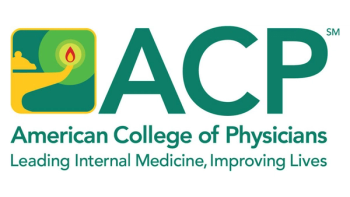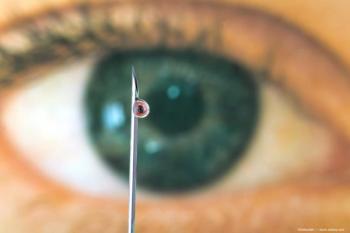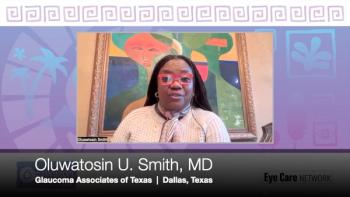
EnVision Summit 2023: Comanagement of AMD, DME and CME in the setting of cataract surgery
During the EnVision Summit Ophthalmology in Puerto Rico, Victor Villegas, MD, made a presentation titled "From a Retina Perspective: Comanagement of AMD, DME and CME in the Setting of Cataract Surgery," focusing on how to comanage patients that have macular degeneration, diabetic maculopathy and cystoid macular edema.
Victor Villegas, MD, discusses how to comanage patients that have macular degeneration, diabetic maculopathy and cystoid macular edema in the setting of cataract surgery from his presentation at the EnVision Summit Ophthalmology 2023 conference with David Hutton, Managing Editor, Ophthalmology Times®.
Video transcript
Editor’s note: This transcript has been edited for clarity.
David Hutton:
I'm David Hutton of Ophthalmology Times. Joining me today is Dr. Victor Villegas, who presented From a Retina Perspective: Comanagement of AMD, DME and CME in the Setting of Cataract Surgery at this year's EnVision Summit. Thank you for joining us. Tell us about your presentation.
Victor Villegas, MD:
Thank you. So, you know, today we have the opportunity to talk about how to comanage patients that have macular degeneration, diabetic maculopathy and cystoid macular edema. And I think the key important point here is that there is no evidence that cataract surgery is going to worsen in any way, age-related macular degeneration. However, if patients have neovascular age-related macular degeneration, they should be properly treated, and cataract surgery can be delayed until treatment is instituted.
Regarding diabetic retinopathy, in contrast to macular degeneration, there is a high probability that diabetic maculopathy is going to get worse after cataract surgery, and recognizing that will allow cataract surgeons to comanage patients with a retina specialist in order to minimize having any worsening of vision immediately after cataract surgery.
And I think the key point here is there are different ways to do that. But the evidence points that corticosteroids, given as periocular or intraocular injections are probably going to be the best bet in terms of reducing any increase in macular edema, or any development of diabetic macular edema in patients with diabetic retinopathy.
And lastly, regarding cystoid macular edema, and cataract surgery, most of these patients will have complete resolution between three to six months after development of cystoid macular edema, with or without treatment. However, if you treat patients with topical and NSAIDs, you will make recovery faster, you will get to your visual acuity goals faster and most people will use topical NSAIDs as their first line in and I think the caveat here is that you need to be perseverant and not get frustrated. If you see the patient one month after starting treatment, and there's still some macular edema, you just need to hang on tight, keep treating patients and you know, keep seeing them on a monthly basis until there is complete resolution of the edema.
If it doesn't go away, or it seems to be staying the same and you don't see any real improvement, then, you know, you can potentially refer a patient or additional medications. I think overall most of the time, it will go away and you just need to hang on tight. treat patients with NSAIDs that will help give the cataract surgeons a little bit of a pearl on how to see things from a different perspective. And, you know, help develop relationships with retina specialists in the community in order to kind of have a protocol in place and you know, approach this in a team joint collaborative effort so that you know patients end up having the best outcome long-term.
Newsletter
Don’t miss out—get Ophthalmology Times updates on the latest clinical advancements and expert interviews, straight to your inbox.





























